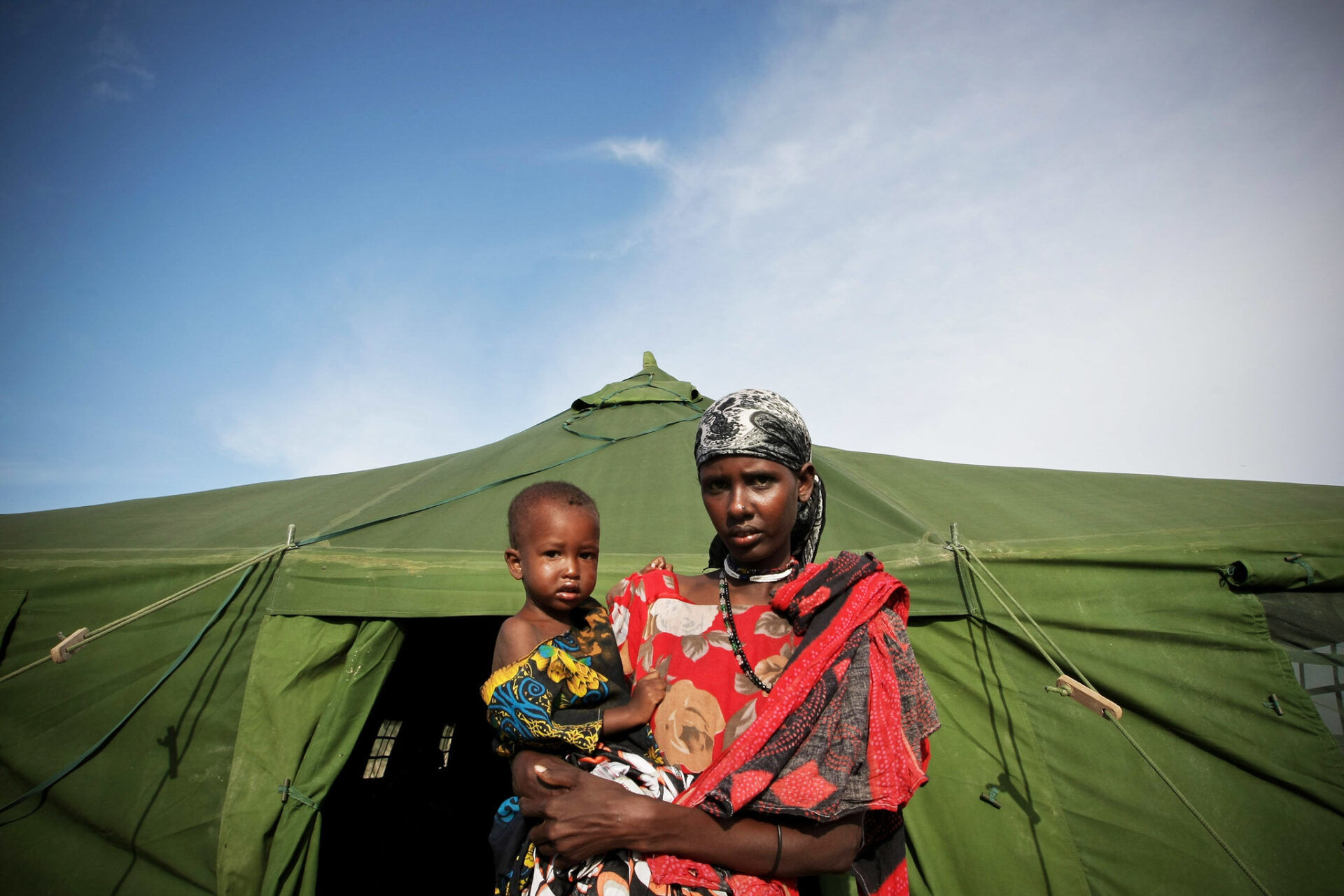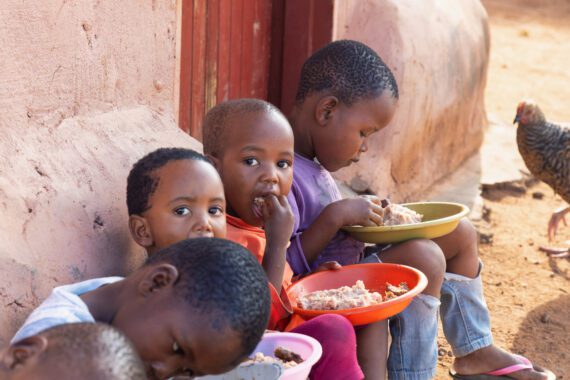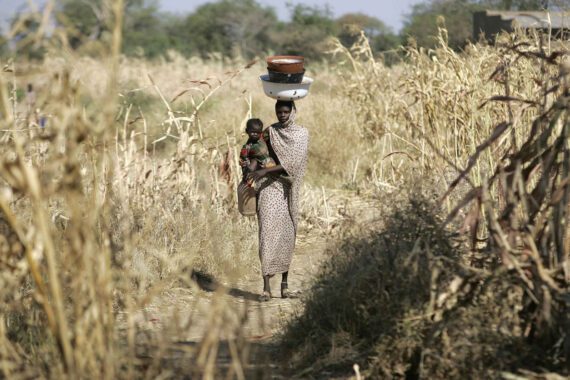Bread for the World’s main legislative advocacy focus this year is the U.S. farm bill, including support for Food for Peace and other programs that provide direct assistance to the soaring numbers of people experiencing hunger crises this year. Bread members are longtime faithful advocates for both humanitarian and development assistance as both are essential to ending global hunger and malnutrition.
Humanitarian assistance providers such as the World Food Programme (WFP) and the Food and Agriculture Organization (FAO) were among the many members of the global community, regional organizations such as the African Union, and other groups who expressed alarm at the outbreak of armed conflict in Khartoum, the capital city of Sudan, on April 15, 2023.
This is because what happens in Sudan has implications for the entire region. Sudan shares borders with seven countries: Libya and Egypt in North Africa, Ethiopia and Eritrea in the Horn of Africa, South Sudan in East Africa, and Chad and the Central African Republic (CAR) in Central Africa. Both the regional economic impacts and the potential for the conflict to spread beyond Sudan’s borders are significant.
Before the war in Sudan broke out, hunger and malnutrition were already at very high levels in most of these countries. All except Libya and Egypt have been designated by the United Nations as “low-income countries confronting severe structural impediments to sustainable development.” Special development assistance and trade support is reserved for the 46 countries in this group.
In the projections of the global humanitarian community for June through November 2023, four of the eight countries are among the 18 identified hunger hotspots. Sudan and South Sudan are “at the highest level of concern,” while Ethiopia and CAR are also of high concern. According to the World Food Programme, more than 19 million people, about 40 percent of the Sudanese population, are at risk of slipping into hunger in the next few months.
Before the war broke out, Sudan was hosting more than 1 million refugees, mainly from South Sudan (800,000) and Eritrea (135,000), but also including many people from Ethiopia, the Central African Republic, and Syria.
On August 2, 2023, humanitarian agencies said that the estimated number of recently displaced people has topped 3 million. More than 1 million additional people, about two-thirds of them Sudanese, are refugees outside Sudan.
The sudden presence of hundreds of thousands of new arrivals, many of whom have only the possessions they could carry, would create humanitarian challenges for most countries. Levels of acute food insecurity are high among both refugees and residents of Sudan’s neighboring countries. Rapid changes in the composition of local communities in a context of extremely scarce resources also raise the risk of political tension and possibly violence.
The political implications of the war in Sudan—like the politics of the region more generally—are complex. Because colonialism created national borders that were often arbitrary, the country where people hold citizenship may be less important to them than ties based on ethnicity or a common language. Many people, including national elites, have extended family on the other side of a border. For example, leaders of one of the warring factions in Sudan are related to politically powerful figures in Chad.
The economic impacts of the war are particularly dire in Chad and South Sudan. Both countries are landlocked and heavily reliant on Sudan’s ports for access to essential supplies, including humanitarian assistance.
Helga Dickow, a specialist in ethnic and religious conflict at the University of Freiberg, Germany, said in June 2023 that the war in Sudan might ”bring the already weak Chadian economy to a standstill.”
The country is no longer able to access export markets for its few non-oil exports—cotton and livestock. It must import most goods, including raw materials and food.
The prices of goods and services in Chad rose by up to 70 percent in the first month of the war. A pre-existing fuel shortage meant that fuel prices soared even higher, rising by as much as 300 percent by June 2023.
USAID Administrator Samantha Power visited Chad in mid-May 2023 and met with recently arrived Sudanese refugees as well as government and aid officials. She announced an additional $17 million in humanitarian aid.
Raouf Mazou, Deputy High Commissioner for Refugees at the United Nations High Commissioner for Refugees, said that in the first month after hostilities broke out, an unexpectedly high number of refugees from Sudan—about 90,000—arrived in Chad. “It is 90 percent women and children arriving and in very, very difficult conditions.
“Adding another 100,000 refugees in a very poor part of the country is going to be extremely difficult. But what has to be underlined is … the extraordinary solidarity and generosity of people who have very little and yet are prepared to welcome people who are fleeing danger and provide them with the little that they can. So that solidarity is essential.”
Michele Learner is managing editor, Policy and Research Institute, with Bread for the World.



